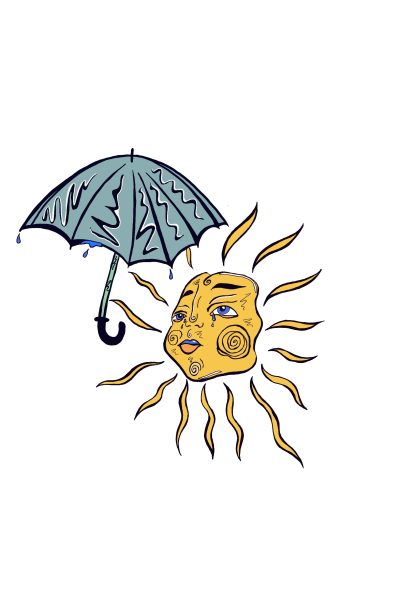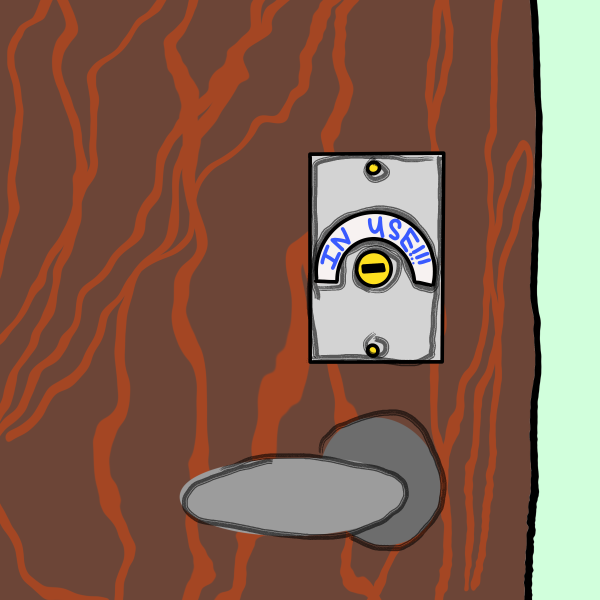Temper rage with a mad novel
Bret Easton Ellis provides a humorous anger outlet in his third and best known book.
October 19, 2016
I have a temper. It is a red hot thing that rears its horns at annoyances both big and small. It does not discern important from inconsequential, but rather charges haphazardly at silly red flags that any even-keeled person would brush aside with grace.
If someone rips an obnoxious cackle in Starbucks during a study session, the ape mentality takes hold, manifested through much heavy breathing, gnashing teeth and dark utterances that slip out as staccato grunts. Chances are good that I will fantasize about flipping a table over and throwing books at the person until they cease laughing. Maybe throttle them with the Hamline scarf they are wearing. Minor inconveniences demand bloodshed.
This is not to say that I am a public menace. Everyone is seized with wild impulses, and I can delay this implosion just as any respectable individual can…for a time. But I have not had a public meltdown yet because all temperamental lunatics must have a functioning self-preservative instinct if they are not to be arrested for defacing a classroom. They can recognize the point at which they need to let off steam in a manner least conducive to destructive action. I know when it is time to lock myself in my dorm, avoid human contact and download my anger into an appropriate medium.
Catharsis is often reached through laughter, and so it only follows that characters who are cathartically inept are hysterically funny to me. This truth brings me to an essential reading for all livid goons: “American Psycho” by Bret Easton Ellis.
The book is a postmodern dive into the mind of Patrick Bateman, an eighties Wall Street yuppie who obsesses over fashions and brands and fitting in with his peers during the day, but enacts his most heinous fantasies at night. Macabre variations of murder and rape are the book’s bread and butter, and indeed it is the most graphically disturbing work I have yet read. This violence has made the novel the subject of much protest and many bans, but I maintain that its detractors have no appreciation for dark comedy, and “American Psycho” is the blackest of comedies.
What makes “American Psycho” so darned funny is the mountainous discomfort felt by Patrick Bateman in nearly every aspect of his life. He wears only the most fashionable brands and he can recite a thesis on the meaning of every terrible eighties pop song. He desperately tries to immerse himself in the most vapid and scummy social circles on Wall Street, ones riddled with cocaine, STDs and an active disdain for everybody who is not of their status. Yet these rich kids are miserable and pathetic, and much of the humor sprouts from the Schadenfreude felt when their anxieties emerge in absurd and demented ways.
One of the comedic highlights of the book is a scene in which Bateman and his peers test one another’s manly worth by comparing the aesthetic appeal of their business cards. Bateman sinks into a murderous rage when Paul Owen—an associate of whom he is deeply jealous—clearly has the best card, one that is even replete with a watermark. Bateman cannot allow this slight, and so he resolves to decapitate Owen with a fire axe.
This kind of lunacy might not be humorous to a lot of folks, even when written in Ellis’ sharp style. But for me, seething anger becomes hysterically funny when married with pettiness and total exasperation. After all, who has not fallen into a sputtering rage that, viewed objectively, was not hilarious? Barring when violent acts are committed, raging people are funny because they reveal their humanity in one of the most explosive and relatable ways possible.
Passions can flare, but angry passions burn like napalm. So the next time that fantasies of roaring like a wild animal pollute your brain and you want an out, I recommend picking up “American Psycho.” Scratch that itch, but do not burn the forest down. Be warned, it is explicit in every detail. If that sounds daunting to you, try checking out the movie adaptation instead. It is not quite as dour and vicious as the book, but it is nonetheless a fine work itself, and Christian Bale is a perfect Patrick Bateman.





